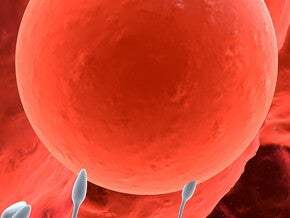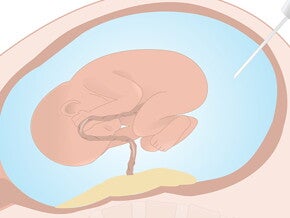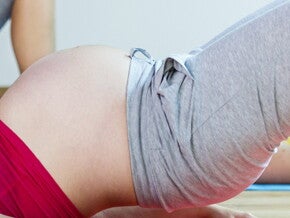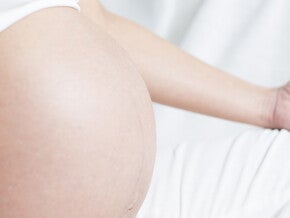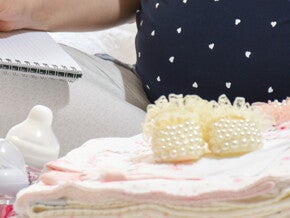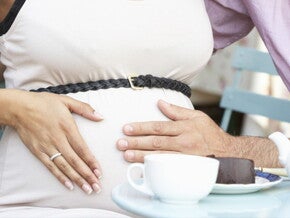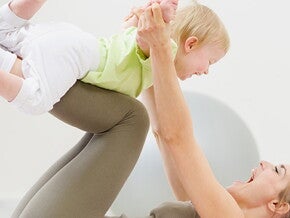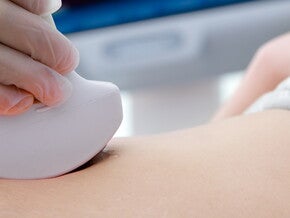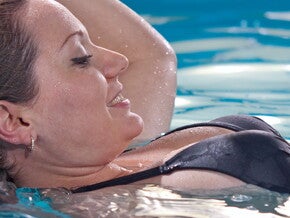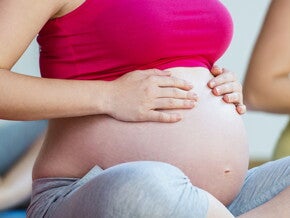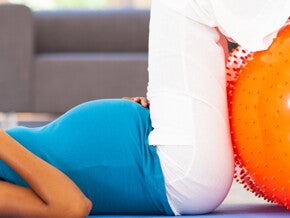
Types of relaxation techniques
Progressive relaxation
This is an effective way of releasing stress and teaching your body to feel total relaxation. Tense and relax one group of muscles at a time, from head to toe, until you are totally relaxed.
Touch relaxation
This is a technique where you learn to respond to your partner or birth companion’s touch by relaxing tense muscles towards his or her hand. As you work through different muscles, you should become totally relaxed.
Some people respond well to touch relaxation, while others find it uncomfortable.
Autogenic relaxation
This is an effective form of relaxation which concentrates on rhythmic breathing and autosuggestion. Example: “My shoulders are relaxed, my arms are relaxed, my fingers are relaxed.”
Relaxation countdown
Once you have mastered relaxation you can do a quick “countdown” to check and help release extra tension.
At the beginning of each contraction, use your “starting breath” as the cue to count down from ten to total relaxation. Think of waves washing over your relaxed muscles as you progress from your head to your toes.
10 – Head and face
9 – Neck and shoulders
8 – Arms and hands
7 – Chest
6 – Abdomen
5 – Back
4 – Hips and buttocks
3 – Perineum
2 – Legs and knees
1 – Ankles and feet

